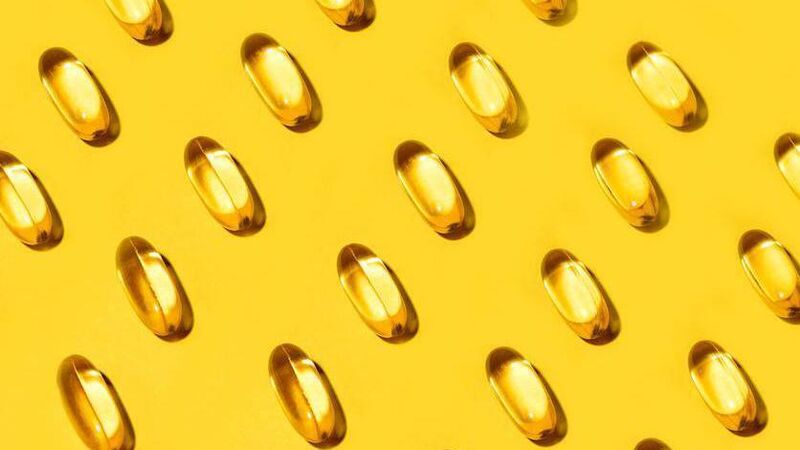Natural health: How to treat vaginal dryness naturally

Vitamin E can help with dryness and thinning of the vaginal tissues. Picture: iStock
I went through menopause in my late 40s and have since needed a lubricant whenever I have sex. Is there a natural product you could recommend?
Vaginal dryness is a common issue for women around menopause. Several natural topical products can help with lubrication, but you can also support your body through dietary additions.
Already a subscriber? Sign in
You have reached your article limit.
Subscribe to access all of the Irish Examiner.
Annual €130 €80
Best value
Monthly €12€6 / month
Introductory offers for new customers. Annual billed once for first year. Renews at €130. Monthly initial discount (first 3 months) billed monthly, then €12 a month. Ts&Cs apply.
CONNECT WITH US TODAY
Be the first to know the latest news and updates








